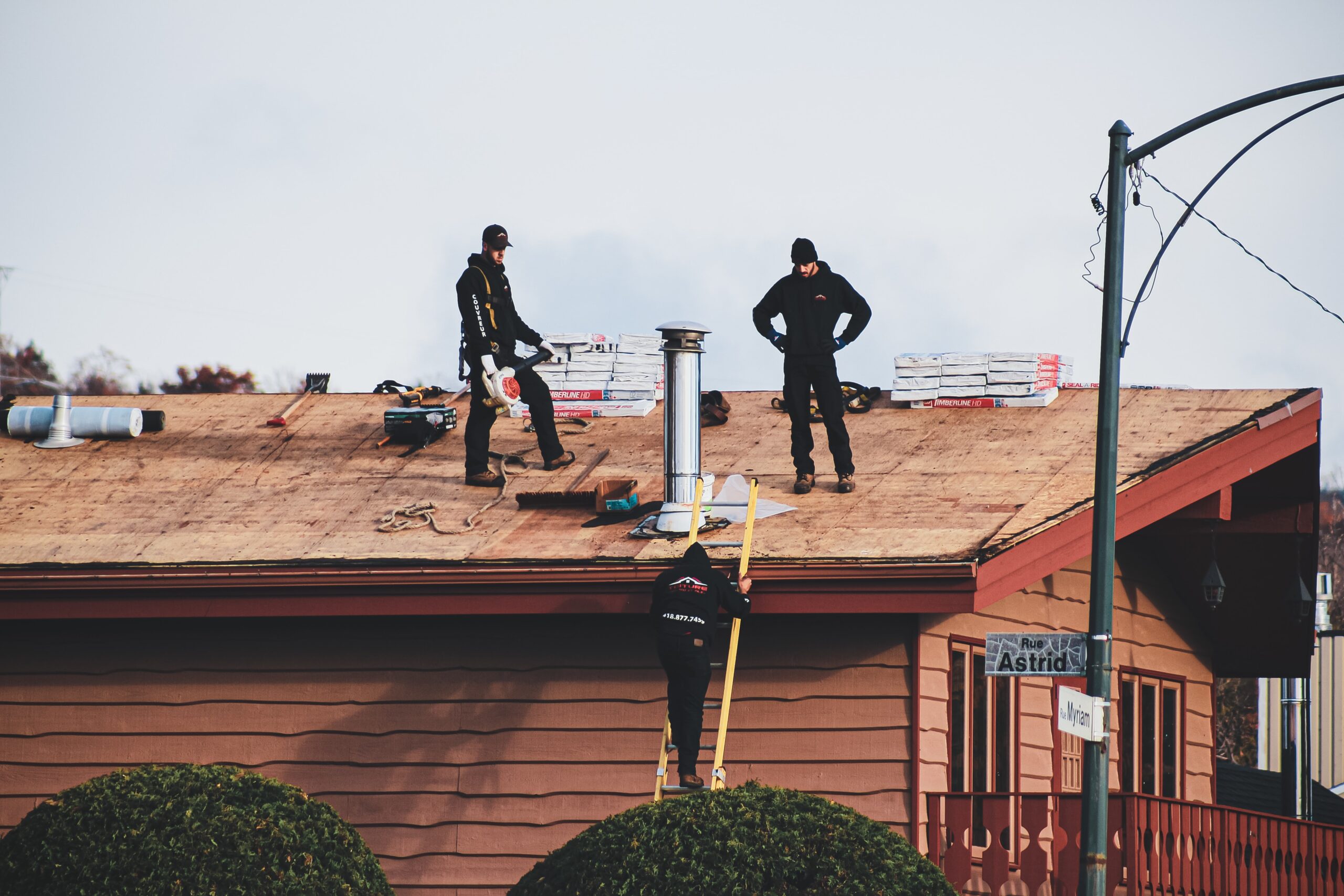Are you interested in finding passive income opportunities as well as ways to make money online? Making an investment in real estate that can be rented out might be an excellent strategy to gain financial independence. In this piece, we will start the 10 actions you need to do in order to get started making passive income through rental properties.
First Step: research a Market Analysis
It is important to conduct market research before you start investing in rental properties. This will give you a better idea of the types of properties that are in demand as well as the prices at which they are renting. When deciding where to invest your money, it is important to think about things like the location, the demand for rental homes, and the economy of the area.
The second step is to set a budget.
The following step, after determining a potential market to invest in, is to set a financial plan and decide how much budget you are willing to spend on a rental property. Keep in mind that investing in rental properties needs a considerable initial investment in addition to recurring expenses such as monthly mortgage payments, property taxes, insurance, and maintenance costs.
The third step is to identify who your ideal tenants are.

It is important to identify your target tenants and gain an understanding of their requirements and preferences if you wish to be successful as an investor in rental property. Depending on the location and type of property you are investing in, this could include senior citizens, families, students, or professionals. Also included could be younger generations. If you are able to identify your ideal renters, you will be in a better position to adjust both your rental property and your marketing efforts to attract those tenants.
The next step is to find the ideal property.
After determining your financial constraints and the types of renters you wish to attract, the following step is to look for an appropriate rental property. You could do this by working with a real estate agent or broker to identify properties that meet your investment criteria, or you could choose to do this by searching for properties on your own using online platforms or classified ads. Either way, the goal is to find properties that meet your investment criteria.
Step 5: Perform Due Diligence
It is important to conduct thorough research on a rental property before making an offer on it. This will allow you to ensure whether or not the property will be a profitable investment for you. This may involve evaluating the state of the property, determining whether or not it requires any repairs or improvements, and looking into whether or not there are any outstanding liens or legal difficulties. You could also want to seek the advice of an experienced professional or carry out an exhaustive assessment of the property in order to identify any potential problems or dangers.
Negotiate the Purchase Price as the Sixth Step

If you have made the decision to continue forward with the purchase of a rental property, the following step is to negotiate the price at which the property will be purchased. To involve this goal, you may need to negotiate the terms of the sale with the seller selling their property or with their agent. It is important to keep in mind that the purchase price is just one component of the investment; in addition, you will need to think about any costs associated with financing, closing, and any necessary repairs or renovations.
Step 7: Obtaining the Necessary Financing
You will need some form of funding, such as a mortgage or another loan, in order to purchase a property that you intend to use for rental purposes. This may involve you to work with a lender to get a mortgage or other loan; alternatively, you may choose to seek out other financing possibilities such as crowdsourcing or private investors.
The eighth step is to purchase the property.
After you have successfully negotiated the purchase price and secured finance, the following step is to actually purchase the property. This could involve dealing with an escrow business or an attorney to handle the closing process, which also includes transferring the title and paying any closing expenses that may be incurred.
Step 9: manage Care of the Real property

It is important for an investor in rental property to effectively manage the property in order to ensure that the investment will produce passive income. This may involve locating and screening prospective tenants, collecting rent, managing property maintenance and repairs, and enforcing the lease’s terms and conditions. You have the option of managing the property yourself or working with a property management firm that will take care of these responsibilities on your behalf.
Extend Your Portfolio as the Tenth Step
When you have a successful rental property under your belt, you should think about adding more properties to your portfolio so that you have a wider variety of investments. This can assist you in diversifying your income streams and boost the possibilities for passive income you earn.
Conclusion:
Rental property investment can be an excellent strategy to produce passive income and move toward the goal of achieving financial independence. You can start making money online and building a passive income stream that will give you the freedom to live the life you want if you follow these ten steps to get you started. You shouldn’t let the usual drudgery of a 9-to-5 grind hold you back; instead, you should start exploring the world of rental properties right away and take control of your financial destiny.

